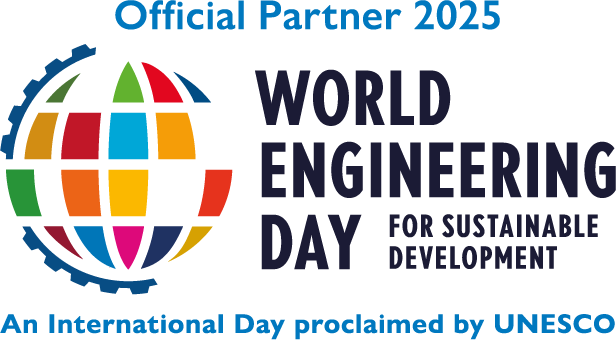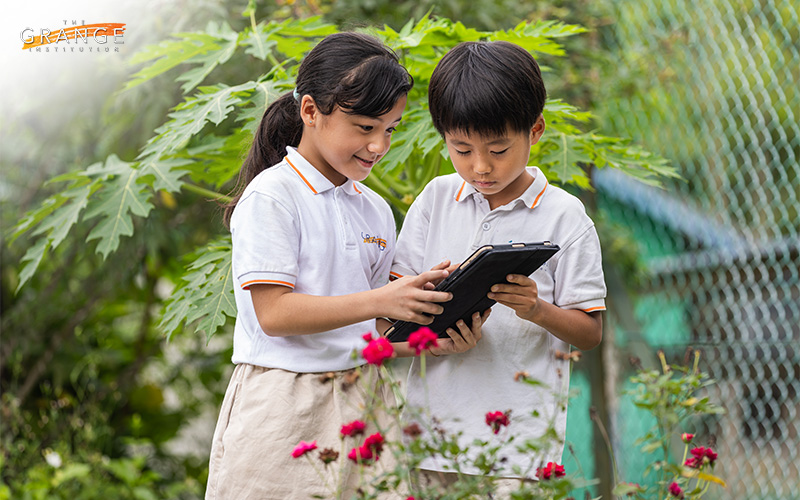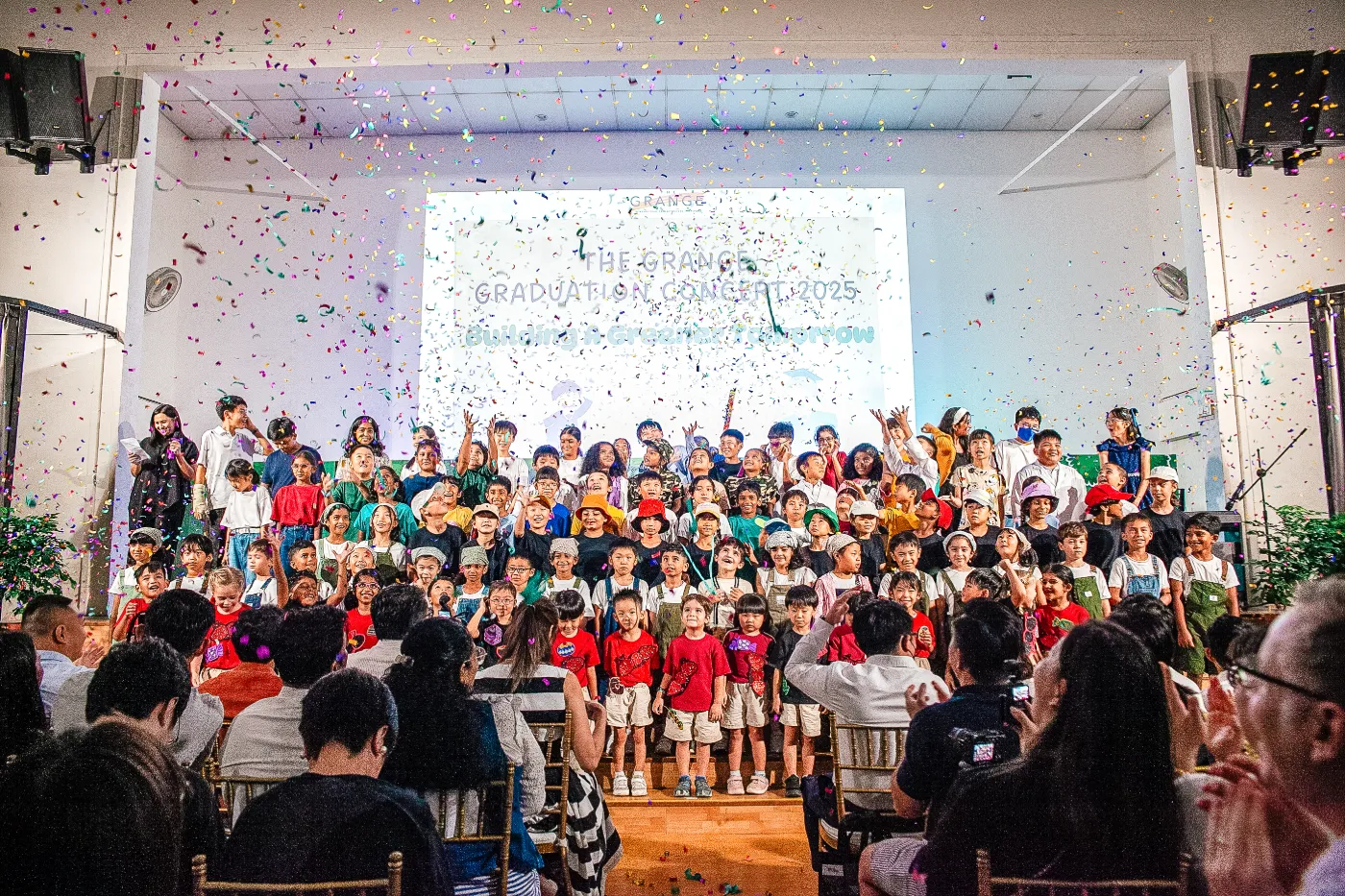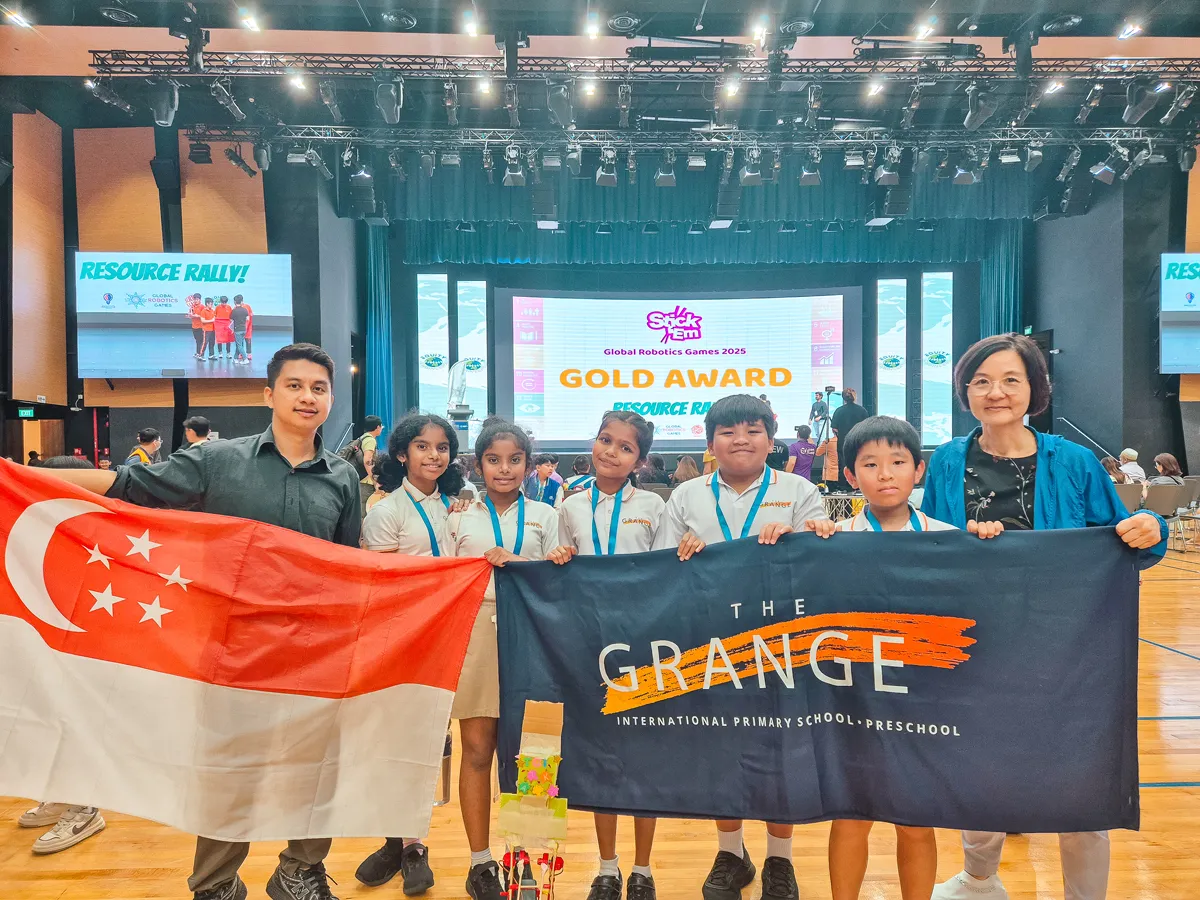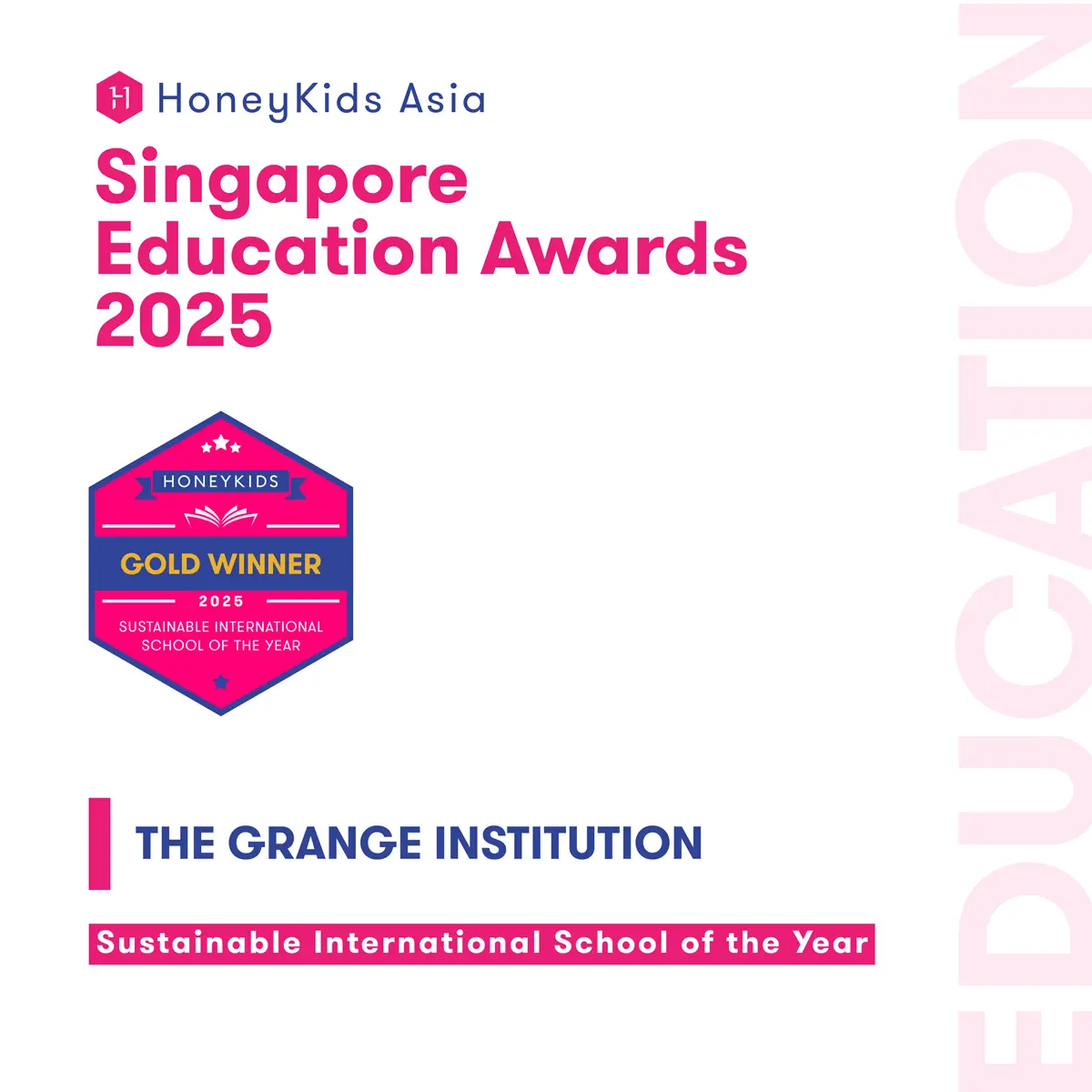The world we live in is facing a severe crisis. Pollution, climate change, and deforestation are rapidly depleting our planet’s resources, threatening not only the present but also the future generations. With rising sea levels, extreme weather conditions, and a significant loss of biodiversity, the urgency for action has never been greater. This is where integrating environmental sustainability education into primary school education becomes a valuable opportunity to foster a deep understanding of our planet and inspire action towards a more sustainable future.
As international primary school educators, here’s how we equip young learners with the knowledge and tools they need to understand and address these pressing environmental challenges.
1. Interdisciplinary Approach
Integrating environmental sustainability into the primary school curriculum begins with an interdisciplinary approach. This method involves blending sustainability topics across various subjects, such as science and geography, to provide a comprehensive understanding of environmental issues.
-
Science:
Explore concepts such as ecosystems, biodiversity, climate change, and pollution through various experiments and investigations.
-
Geography:
Study the impact of human activities on the environment, including deforestation, water pollution, and resource depletion.
-
Global Perspective:
Develops critical skills such as research, analysis, and collaboration, while connecting subjects like English, mathematics, science, and ICT to explore and address global environmental issues.
2. Hands-On Learning
Hands-on learning is a powerful way to engage students and encourage them to apply sustainable practices in their daily lives. By actively participating in these projects and activities, students can develop a sense of ownership and responsibility for their environment.
-
Recycling Programmes:
Establish school-wide recycling initiatives to promote waste reduction and conservation of resources.
-
Energy Conservation:
Teach students about energy efficiency and encourage them to adopt energy-saving practices at home and school.
-
School Gardens:
Create a school garden where students can learn about plant growth, biodiversity, and sustainable food production.
3. Curriculum Resources
To support the integration of environmental sustainability education, it is important to have access to high-quality primary school curriculum resources. These resources can provide educators with lesson plans, activities, and assessments that align with learning objectives. Some of these resources can include:
-
Educational Materials:
Utilise textbooks, workbooks, and online resources that address environmental sustainability topics in a comprehensive and age-appropriate manner.
-
Digital Tools:
Explore interactive learning platforms, simulations, and virtual field trips that can enhance student engagement and understanding in complex environmental concepts.
-
Partnerships:
Collaborate with environmental organisations and experts to provide students with authentic learning experiences and access to specialised knowledge. These organisations often offer workshops, guest speakers, and educational materials that can enhance classroom learning and provide real-world examples of sustainability in action.
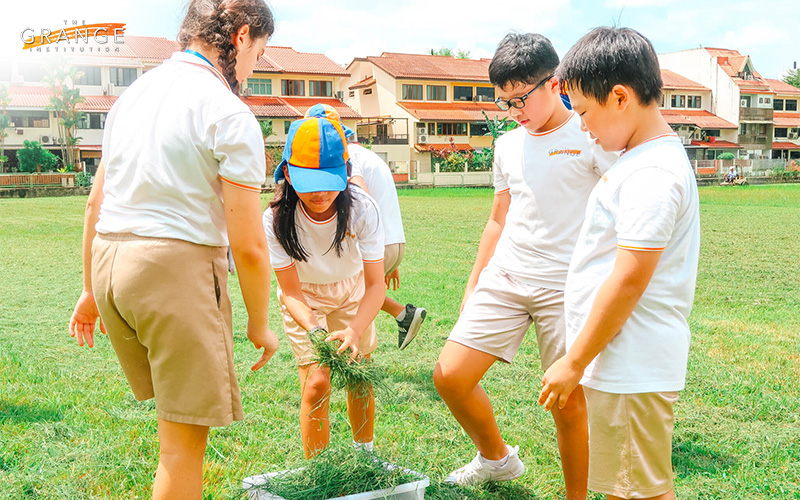
4. Community Involvement
Environmental sustainability education should not be limited to the classroom. By encouraging collaboration with parents, local businesses, and community organisations, we can reinforce sustainability principles and provide real-world applications for these young minds.
-
Parent Engagement:
Organise workshops and events that educate parents about environmental issues and encourage them to support their children’s learning.
-
Community Partnerships:
Collaborate with local businesses, NGOs, and government agencies to provide opportunities for students to participate in community-based environmental projects.
-
Field Trips:
Take students on field trips to local parks, nature reserves, and environmental facilities to connect them with the natural world and learn about sustainable practices.
At Grange Institution, an international primary school in Singapore, we believe that educating young minds about environmental sustainability is essential for shaping a better future. By integrating sustainability into our primary school curriculum, we empower our students to become informed and responsible global citizens who are committed to protecting our planet.
Join us in our mission to build a more sustainable future. Enrol your child today at our private primary school in Singapore and give them the opportunity to learn about the importance of environmental stewardship, develop practical skills, and contribute to creating a healthier planet for future generations. Contact us today to know more!

